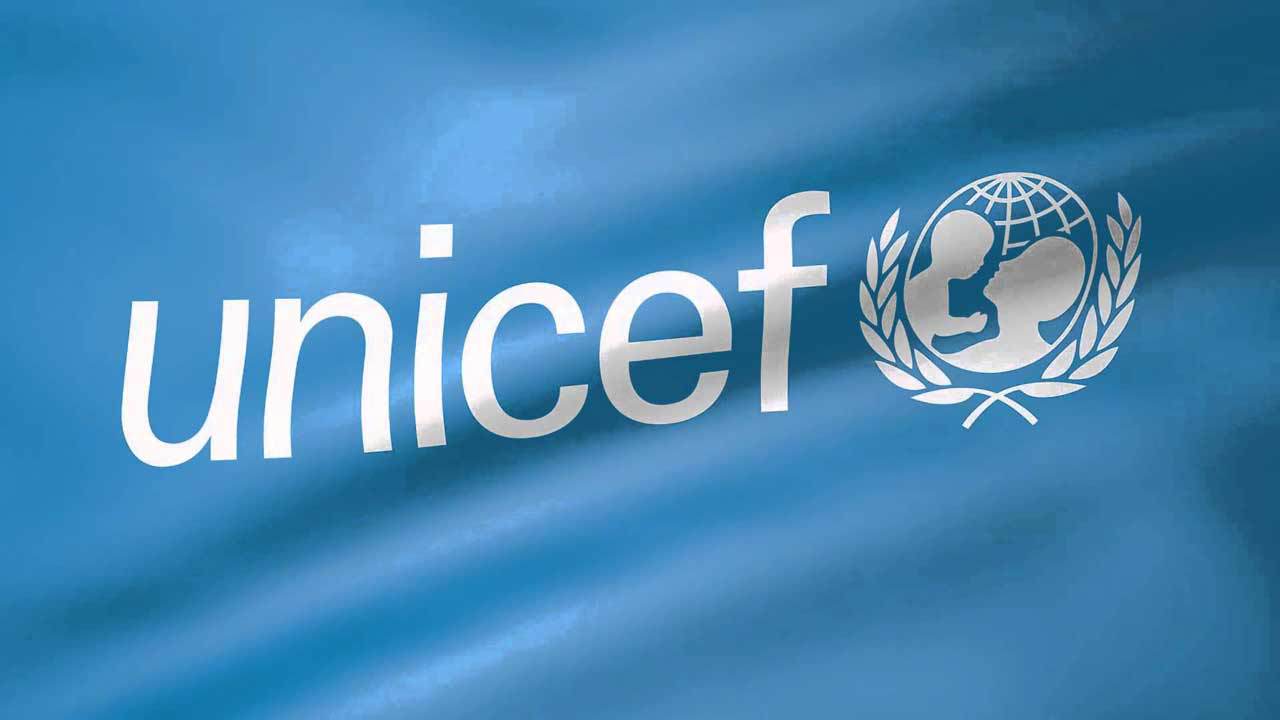The United Nations Children’s Fund (UNICEF) is strongly committed to diminishing its environmental impact by reducing greenhouse gas emissions from air travel, vehicle fleets and facilities, and through reductions in water consumption, paper use, and waste.
In its 2018-2021 Strategic Plan, UNICEF renewed its commitment to improving the eco-efficiency of operations and to become an increasingly efficient and cost-effective organization by 2021. The organization has published a series of procedures that all Offices are required to comply with. As a result, UNICEF will be:
· Launching a software tool to optimize the yearly Environmental Footprint Assessment (EFA) exercise, which collects resource use, costs, and environmental impact data resulting from office operations; for example, one of the changes includes periodic data collection following the receipt of resource use related invoices;
· Continuing the roll-out of the energy and water assessments/audits, and launching the implementation of the prescribed interventions and projects;
· Installing a vehicle tracking and fleet management system, starting with the vehicles operating in emergency locations.
In addition, twice a year, UNICEF Offices are able to access the Greening and Accessibility Fund (GrAF), generated by its 3% air travel surcharge, to finance or co-finance small scale Environmental Impact Reduction (EIR) as well as Accessibility Improvement (AI) projects. The three previous rounds of GrAF allocations resulted in the distribution of USD$1.2M to support such projects.
EIR projects have included LED lights, sensors, energy efficient air conditioning, solar PV systems, and low-flow water fixtures. Some of the results so far include:
· 31 Country Offices have implemented eco-efficiency projects;
· Of these, 17 took a positive step towards the use of Solar Power;
· At least 9 Country Offices have installed LED lights; while
· 13 have implemented some eco-efficiency measure to improve the water use efficiency, air-conditioning, or lighting systems.
Read More

[…] UNICEF on its way to eco-efficiency […]